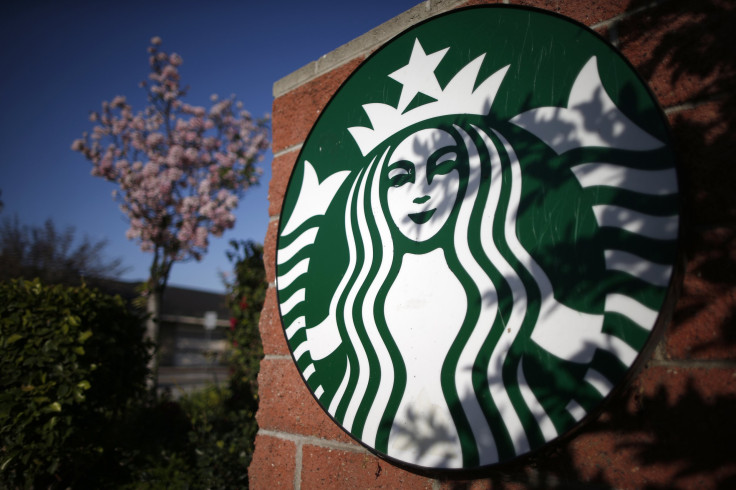EU Orders Starbucks, Fiat Chrysler To Pay Up To $34M In ‘Illegal’ Tax Advantages In Netherlands And Luxembourg

The European Union said Wednesday Starbucks Corp. and Fiat Chrysler Automobiles NV received “illegal” selective tax advantages in the Netherlands and Luxembourg, respectively, and will have to pay back up to 30 million euros ($34 million) in taxes. The American coffee giant and the Italian automaker are the first two companies facing refund orders from the EU, which is cracking down on global companies evading taxes.
“Tax rulings that artificially reduce a company’s tax burden are not in line with EU state aid rules. They are illegal,” Margrethe Vestager, the EU competition commissioner, said in a statement. “All companies, big or small, multinational or not, should pay their fair share of tax.”
The Netherlands and Luxembourg have been ordered to collect taxes from Starbucks and Fiat, respectively, in a bid to remove “unfair competitive advantage” and to “restore equal treatment” with companies in the same situations, the EU said in the statement.
Starbucks said it planned to appeal the decision, alleging that the union’s decision has errors -- an opinion shared by the Netherlands government, Bloomberg reported.
“The dispute between the European Commission and the Netherlands as to which OECD [Organisation for Economic Co-operation and Development] rules we and others should follow could require us to pay about 20 million to 30 million euros on top of the $3 billion in global taxes we have paid over the seven years in question (2008-2014),” the company said, according to Bloomberg.
Fiat Chrysler denied receiving any tax benefit from Luxembourg and said a deal it reached with the country focused only on clarifying pricing rules and "did not result in any state aid."
However, the EU said Fiat's taxes would have been 20 times higher if calculations had been done at market conditions. It added that the commission was carrying out its inquiry into tax rulings practices in all EU member states.
“It cannot prejudge the opening of additional formal investigations into tax rulings if it has indications that EU state aid rules are not being complied with. Its existing formal investigations into tax rulings in Belgium, Ireland and Luxembourg are ongoing,” the European Commission said in the statement.
© Copyright IBTimes 2024. All rights reserved.






















